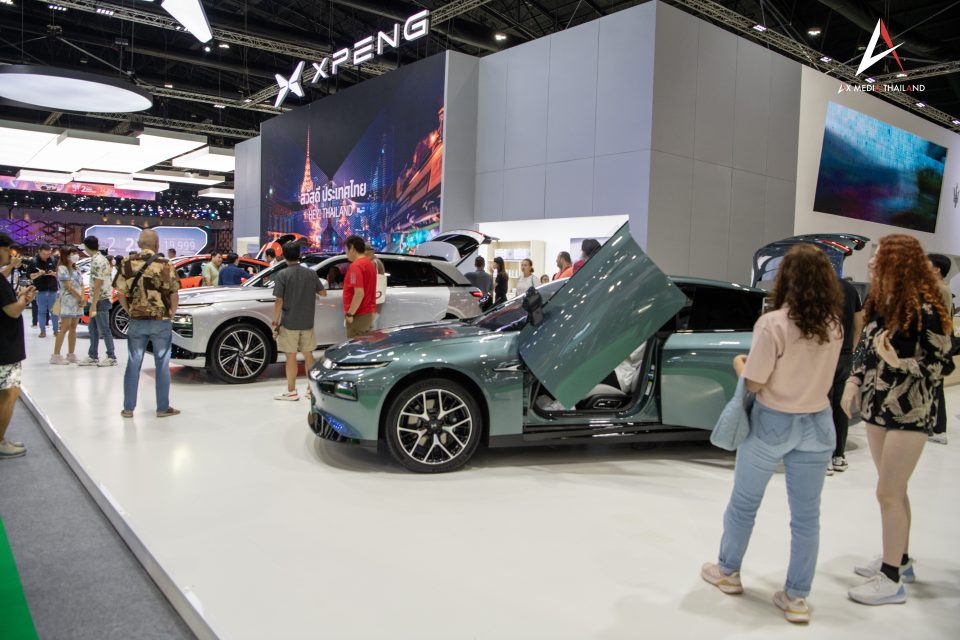Thais are showing reduced interest in purchasing new cars due to a sluggish economy, according to Differential (Thailand) Co Ltd, a data analytics, technology, and research solutions provider.
The 2024 Customer Experience Report, which surveyed over 2,500 Thai individuals who bought cars between November 2020 and December 2022, revealed that 70% of respondents would consider buying a new car once their current vehicle reaches a certain age, particularly after owning it for nine years. This marks a shift from the previous report covering 2017-2018, where many planned to buy a new car after seven years of ownership.
Siros Satrabhaya, managing director at Differential (Thailand), noted that the pandemic significantly reduced travel demand, leading to less vehicle mileage compared to earlier periods. He emphasized that economic uncertainties are influencing car owners’ behavior, causing delays in new car acquisitions.
The survey highlighted malfunctioning vehicles, changing lifestyles, and high maintenance costs as the three primary reasons for replacing a car. Approximately 46% of respondents expressed intent to purchase the same brand for their next vehicle, while 6% said they would opt for a different brand. Around 48% were uncertain about whether they would stick with their current brand or switch.
The report also indicated that owners of Chinese car brands exhibited the least loyalty, with only 28% indicating they would remain with their current brand, while 9% were planning to switch. Notably, 63% expressed uncertainty about their next purchase concerning their current brand.
In contrast, 48% of respondents with Japanese automaker vehicles planned to remain loyal to their brand, while 5% contemplated switching brands, and 46% were unsure about their next choice.
Mr. Siros commented that Chinese brands, being relatively new to the Thai market, may lack established consumer loyalty, suggesting they need more time to win over Thai customers.
Additionally, the report noted that over half of battery electric vehicle (BEV) owners intend to stick with BEVs for their next vehicle, while 25% would consider an internal combustion engine (ICE) car. Among drivers of all vehicles excluding BEVs, 52% said their next purchase would be an ICE vehicle, 23% preferred a hybrid or plug-in hybrid, and 15% were looking to switch to a BEV. Mr. Siros concluded that high oil prices are likely to encourage Thais to consider BEVs for their next vehicle acquisition.





